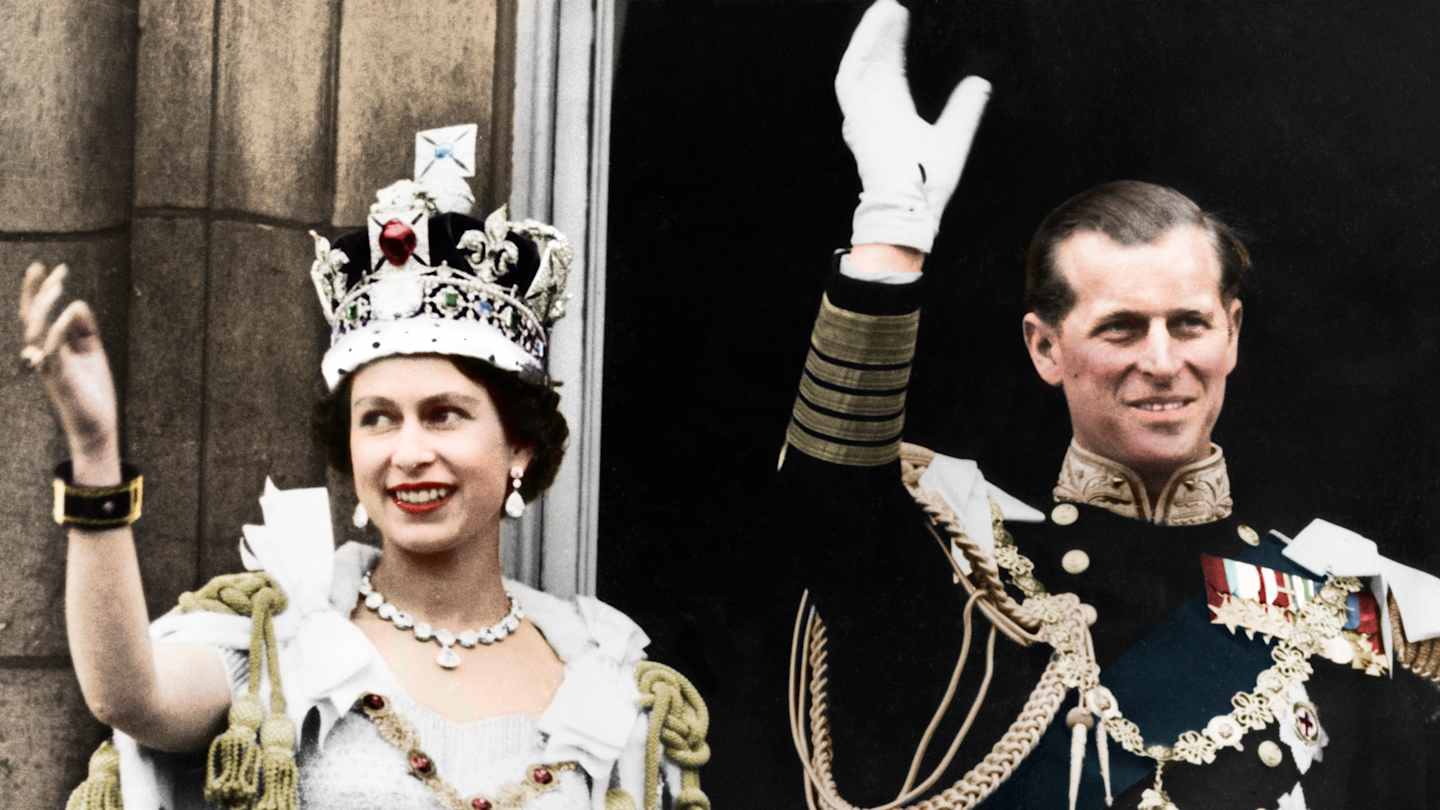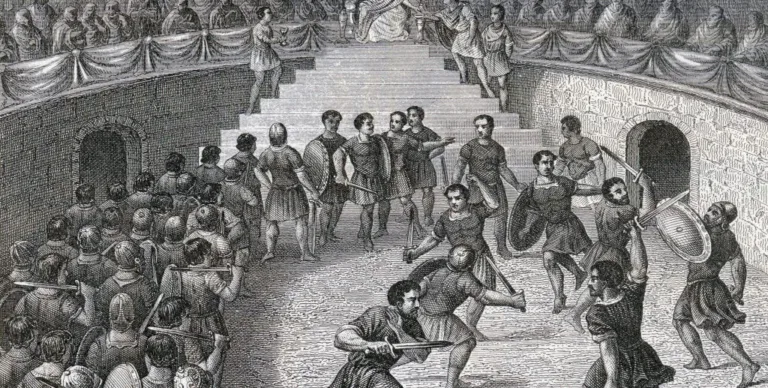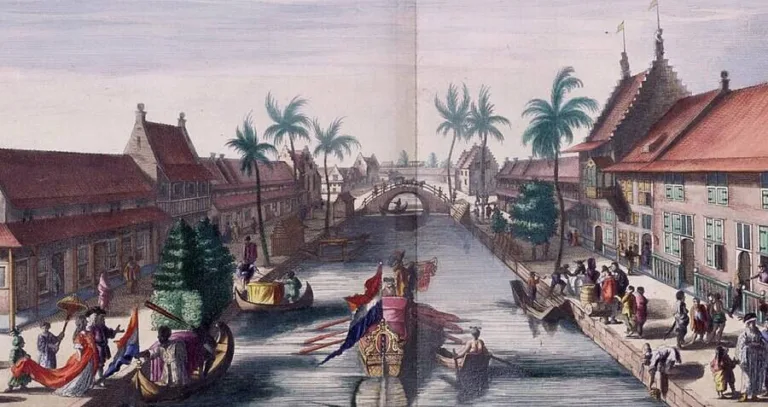England’s history is a tapestry woven with threads of triumph, turmoil, and transformation. It’s a story that spans millennia, encompassing a breathtaking array of Royal Eras, each leaving its indelible mark on the nation’s identity. From the fierce Anglo-saxons who forged kingdoms amidst the mists of time to the modern Britons navigating a globalized world, every chapter reveals fascinating glimpses into the ebb and flow of power, culture, and societal values.
Think of it like tracing the lines etched onto an ancient map. Each era represents a distinct territory, shaped by unique forces and inhabitants. The Early Middle Ages, for instance, were a period of rugged resilience, where Germanic tribes carved out their place in a land still recovering from Roman rule. Fast forward to the grandeur of The Georgian Era, where Britain’s Naval Might Soared, its cities swelled with industry, and its influence spread across continents.
Delving into these historical epochs allows us not only to understand how England arrived at its present state but also to appreciate the enduring human spirit that has navigated through both darkness and light. It’s a journey that takes us on a captivating adventure through time, revealing the complexities and contradictions that make up this fascinating nation.
Early Middle Ages: Anglo-Saxon England
Stepping back in time, we encounter the dawn of Anglo-saxon England, a period marked by fierce warriors, Intricate Storytelling, and the seeds of a unified nation. Imagine a land of rolling hills and dense woodlands, where Germanic tribes like the Angles, Saxons, and Jutes arrived on British shores after the fall of The Roman Empire. These newcomers, driven by a thirst for new lands and opportunities, clashed with the native Britons, forging a complex tapestry of cultural exchange and conflict.
Life in Anglo-Saxon England was far from idyllic. Villages dotted the landscape, where farming communities toiled under harsh conditions. Yet, amidst the challenges, a vibrant culture flourished. Skilled craftsmen crafted intricate metalwork and Bone Carvings, while poets wove epic tales of heroic deeds and legendary battles. The famous poem “Beowulf,” a timeless masterpiece that explores themes of bravery, loyalty, and the struggle against monstrous foes, offers a captivating glimpse into their world.
This era laid the foundation for the England we know today, Shaping Its Language, Legal System, and cultural heritage. It was a period of immense change, where disparate tribes coalesced into kingdoms, paving the way for the emergence of a unified nation in later Royal Eras. The legacy of Anglo-saxon England lives on in our Very Language, with countless words derived from their Germanic roots, serving as a testament to their Enduring Influence.
Medieval Period: Norman Conquest and Beyond
The year 1066 witnessed a pivotal moment in English history: The Norman Conquest. Led by the ambitious Duke William of Normandy, these fierce warriors stormed across The English Channel, clashing with Harold Godwinson’s Saxon forces at the Battle of Hastings. This decisive victory marked the end of Anglo-saxon rule and ushered in a New Era – the Medieval Period. Imagine castles rising from the countryside, their imposing stone walls symbols of Norman power. The language, culture, and very fabric of English society underwent a dramatic transformation.
The medieval period wasn’t just about castles and knights. Towns blossomed with bustling markets and Skilled Artisans Plied Their Crafts. Gothic cathedrals, architectural marvels that soared towards the heavens, became icons of religious devotion. King John, infamous for signing The Magna Carta in 1215, laid the groundwork for individual liberties and a more balanced power structure between the king and his subjects. This period was a crucible where Feudalism Shaped Social Structures, Chivalry Influenced Noble Conduct, and a burgeoning sense of national Identity Began To Take Root.
However, life wasn’t always fairytales and grand tournaments. Plagues swept through villages, leaving devastating trails of death and hardship. Peasants labored under demanding conditions, often struggling for survival against the backdrop of powerful lords and a Rigid Social Hierarchy. Yet, within this complex tapestry, stories of bravery, innovation, and resilience continue to inspire us today, reminding us of the enduring human spirit that endured during these turbulent Royal Eras.
 Ancient Trading Routes: A Journey Through History
Ancient Trading Routes: A Journey Through HistoryThe Rise of Monarchy: Tudor and Stuart Eras
The Tudor and Stuart eras brought a whirlwind of change to England, shaking the foundations of society and reshaping its place on the world stage. Imagine Henry Viii, with his charismatic charm and insatiable ambition, breaking away from The Roman Catholic Church in a dramatic act that would forever alter the religious landscape of England. The establishment of The Church Of England, with the king as its supreme head, sent ripples throughout Europe, sparking religious conflicts and political intrigue.
This period wasn’T Just About Religious Upheaval. Elizabeth I, Henry’S Daughter, ascended to the throne, ushering in a golden age for England. Her reign was marked by economic prosperity, Cultural Flourishing, and a newfound sense of national pride. The defeat of the Spanish Armada in 1588 cemented England’s status as a naval power and solidified Elizabeth’s place as one of history’s Most Celebrated Monarchs.
However, the Stuart dynasty that followed faced its share of challenges. James I, Elizabeth’S Successor, clashed with Parliament over religious issues and financial matters, laying the groundwork for future conflicts. His son, Charles I, met a tragic end during The English Civil War, a period of intense political and social turmoil that pitted monarchy against Parliament in a bloody struggle for power. These royal eras, Though Often Turbulent, left an enduring legacy on England’s political landscape and its understanding of governance.
Georgian Era: Empire, Industry, and Change
The Georgian Era witnessed England’s transformation into a global empire, fueled by economic expansion, Industrial Innovation, and social change. Picture bustling port cities like Liverpool and London, teeming with merchants, sailors, and the raw materials that flowed from far-Flung Colonies. The British Empire stretched across continents, encompassing vast territories in North America, India, and Africa. This era saw the rise of Great Trading Companies, the expansion of shipbuilding, and the cultivation of cash crops like tea and cotton, all driving a period of unprecedented Economic Growth.
But this progress came at a cost. Industrialization brought about both progress and hardship. Factories sprung up, churning out goods on an unimaginable scale, but often exploiting workers with long hours and dangerous conditions. Cities swelled with new inhabitants seeking work in the burgeoning industries, leading to overcrowding and poverty in Some Areas. Social inequalities widened as the gap between the wealthy industrialists and the Working Class Became Increasingly Apparent.
Despite these challenges, The Georgian Era ushered in a period of optimism and innovation. New technologies transformed daily life, from steam engines powering factories to Street Lighting Illuminating Urban Centers. The arts flourished, with artists like William Hogarth capturing the complexities of society and writers like Jane Austen exploring themes of love, marriage, and social class. This era, though marked by both progress and Its Darker Side, laid the groundwork for the modern World We Know Today. And it was a period where England’s reach truly extended across the globe, solidifying its place as a global Power During These Royal Eras.
Britain in The Modern World
The 20th century brought a whirlwind of change to Britain, shaping the nation’s identity and its place on the World Stage. World Wars I And Ii left an indelible mark, testing the resilience of the British people and forcing them to grapple with the consequences of global conflict. The post-war years saw the rise of the welfare state, with social programs designed to ensure greater economic security and opportunity for All Citizens. This era also witnessed decolonization, as Britain relinquished control of its Vast Empire, leading to a period of reflection on its past and a search for new roles in the global community.
The late 20th and early 21st centuries saw Britain navigating the challenges of globalization, Technological Advancements, and shifting political landscapes. The country joined The European Union, seeking closer economic and political ties with its continental neighbors. However, Debates Over Immigration, sovereignty, and the future of Europe ultimately led to a referendum in 2016, resulting in the Uk’s decision to leave the Union. This historic event continues to shape Britain’s relationship with the world and Its Place Within It.
Today, Britain remains a significant global power, known for its influential culture, Vibrant Arts Scene, and strong economy. It faces new challenges, Such As Addressing Climate Change, Promoting Social Equality, and adapting to an increasingly interconnected world. The nation continues to evolve, seeking to define its identity in the 21st century while drawing upon its rich history and diverse cultural heritage. And these royal eras, Though Seemingly Distant, continue to shape the very fabric of British society, Influencing Its Values, institutions, and place on the world stage.










